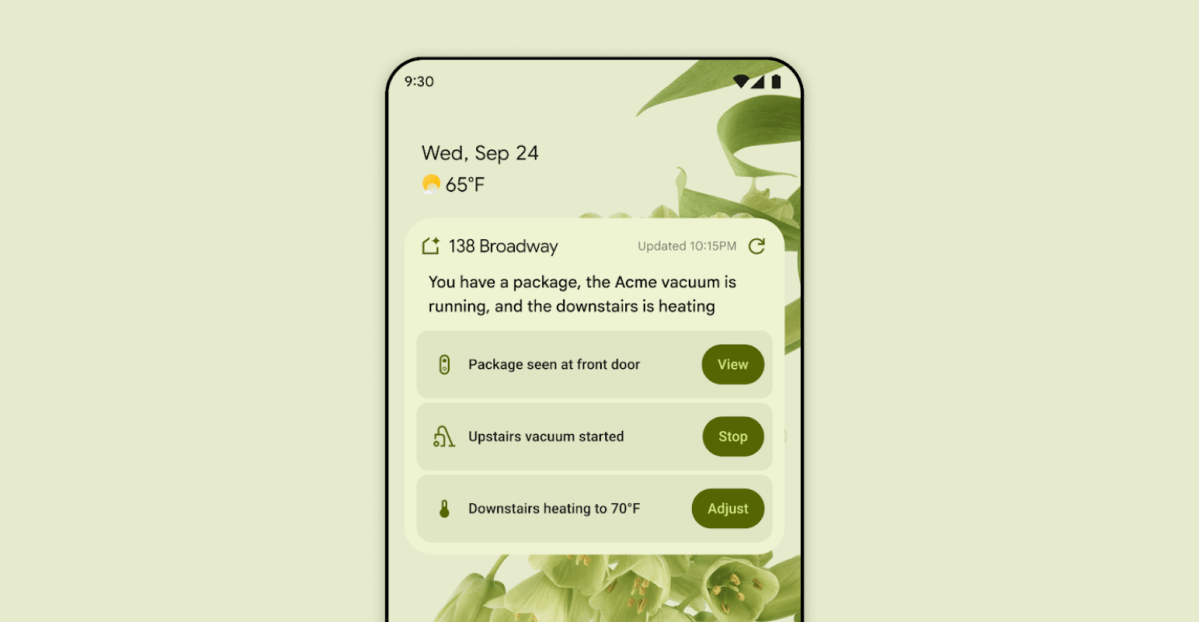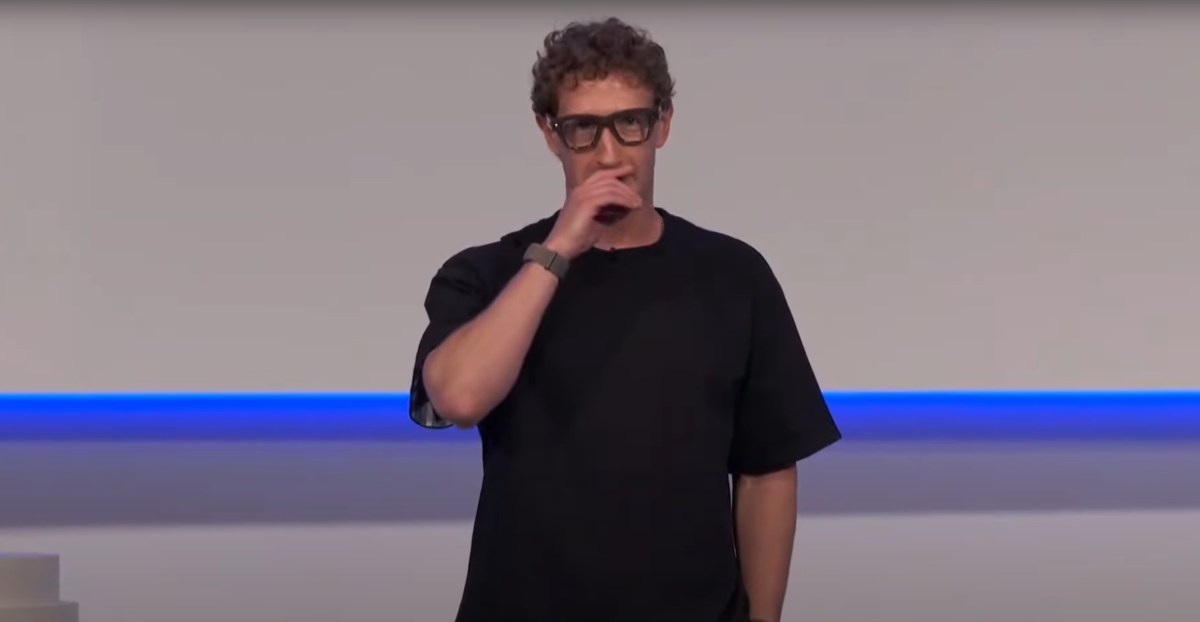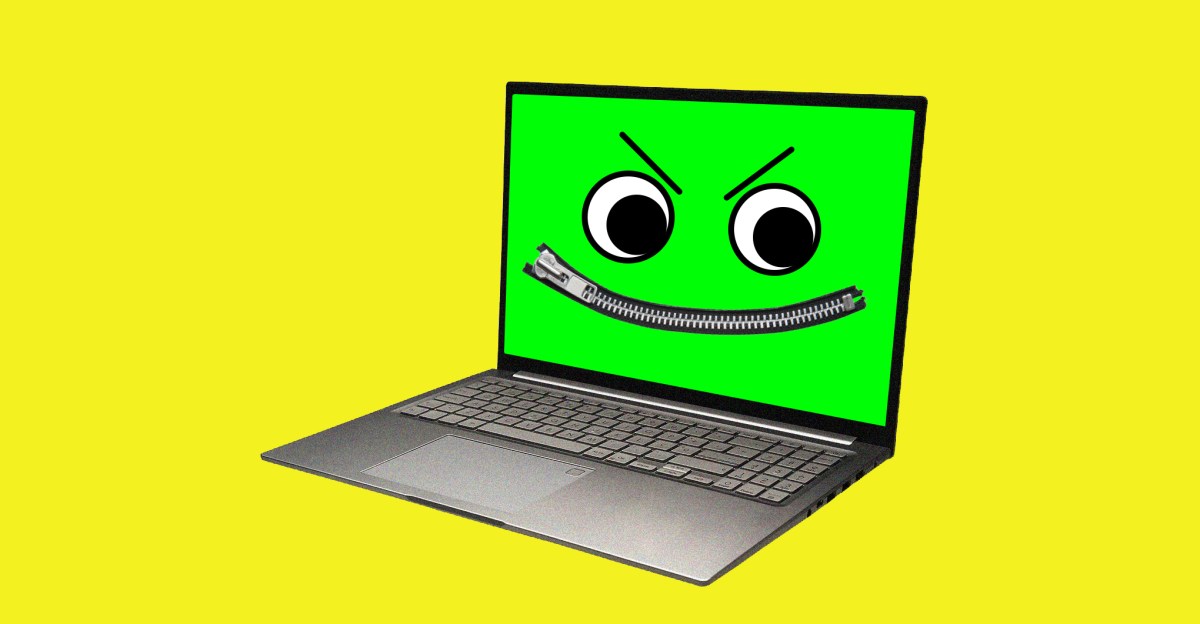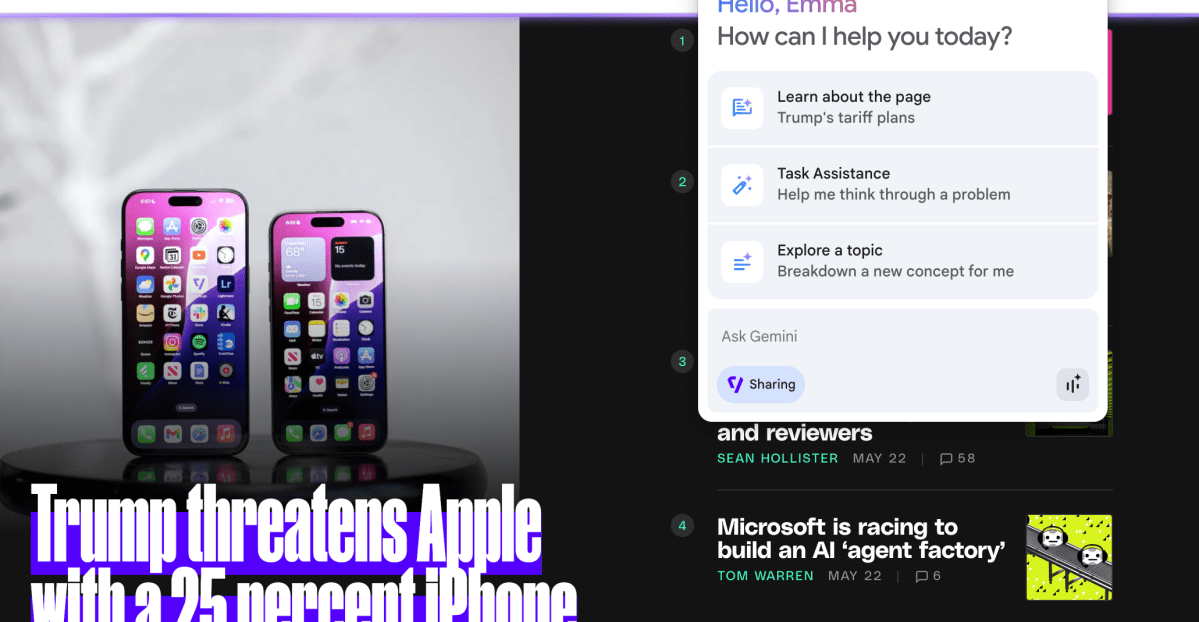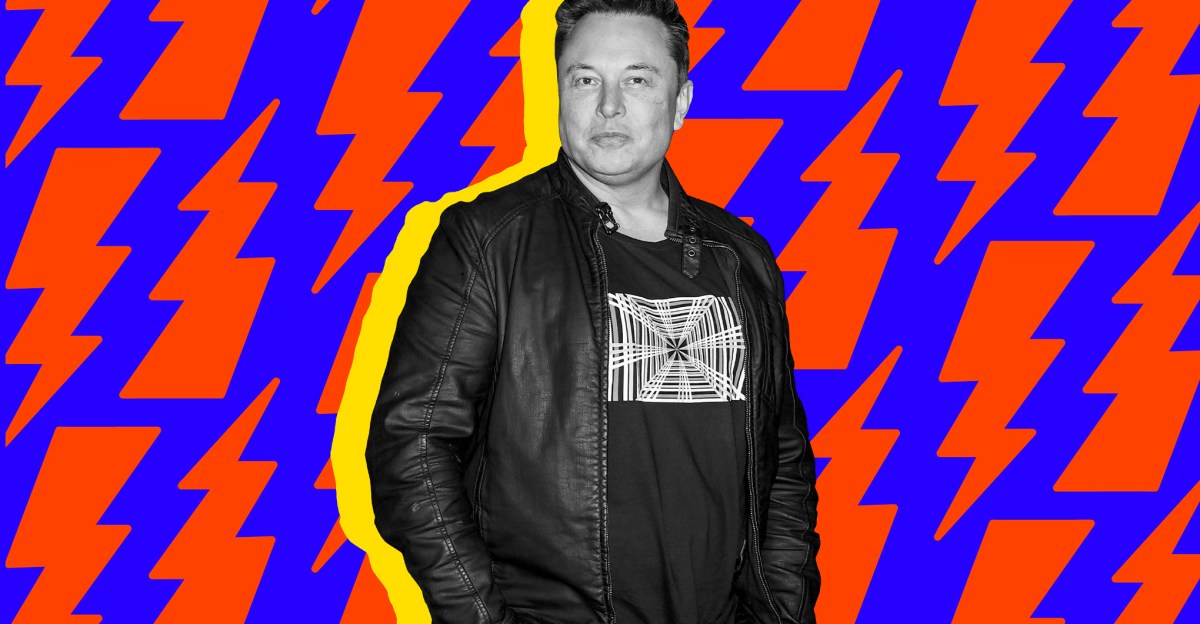
Elon Musk’s xAI Sues Apple and OpenAI Over ChatGPT and App Store Monopolies
Sources: https://www.theverge.com/news/765171/elon-musk-apple-openai-antitrust-lawsuit, The Verge AI
TL;DR
- Elon Musk’s X Corp and the AI unit xAI filed a lawsuit against Apple and OpenAI, accusing them of maintaining illegal monopolies via ChatGPT integration on iPhone and through the App Store. The Verge
- The suit argues that Apple Store deprioritizes rival chatbots and “super” apps (including Grok and X), and that iPhone users are effectively forced to use ChatGPT as the default chatbot when enabling Apple Intelligence. The Verge
- It contends that Apple’s partnership with OpenAI creates a “moat” protecting OpenAI due to Apple’s smartphone monopoly, and that OpenAI could access billions of user prompts from iPhone users. The Verge
- Apple says the App Store is designed to be fair and free of bias, and OpenAI characterizes the lawsuit as harassment; the filing follows Musk’s earlier threat to act over alleged ranking rigging in favor of OpenAI. The Verge
- The case centers on competition in the AI app ecosystem and potential consequences for developers seeking access to iPhone users’ AI interactions. The Verge
Context and background
The filing reflects a continuing confrontation around how major platform owners influence competition in AI software. Musk has repeatedly flagged concerns about the alignment between Apple’s platform policies and OpenAI’s dominance in AI services, arguing that agreements to embed ChatGPT in iPhone software could distort the market. The lawsuit cites the iPhone as a vehicle for OpenAI’s access to a vast stream of user prompts, which the plaintiffs claim could unfairly advantage OpenAI over independent AI developers. In the period leading up to the filing, Musk had publicly charged that Apple was manipulating App Store rankings to favor OpenAI, and he asserted that Apple’s actions could obstruct non-OpenAI AI companies from gaining visibility on iOS devices. The Verge The suit notes that although X and Grok apps have achieved high rankings on the App Store, they are not included in the store’s “Must-Have Apps” section, where ChatGPT appeared as the only AI chatbot in August 2025. The argument is that the distinct treatment of apps in the App Store creates unequal access to consumer attention and potentially locks in a monopoly-like position for OpenAI. The Verge The plaintiffs also attach importance to the broader ecosystem dynamics created by Apple’s collaboration with OpenAI, suggesting that the partnership contributes to a strategic moat around OpenAI given Apple’s dominance in mobile hardware and software distribution. The defense has framed the Store as fair and impartial and has suggested that the suit is part of a broader pattern of dispute between the parties. The Verge
What’s new
- A lawsuit filed by the Musk-owned X Corp. and xAI alleges that Apple and OpenAI are maintaining illegal monopolies by tying ChatGPT to iPhone software and by leveraging the App Store to advantage OpenAI over competitors. The Verge
- The filing asserts that Apple’s App Store deprioritizes rival chatbots and “super” apps, and that iPhone users are effectively steered toward ChatGPT as the default chatbot when enabling Apple Intelligence. The Verge
- The suit contends that OpenAI gains a competitive edge from the Apple partnership by accessing a large volume of prompts from hundreds of millions of iPhone users, creating a market moat. The Verge
- Apple maintains that its App Store is designed to be fair and free of bias; OpenAI spokesperson Kayla Wood described the filing as harassment in responses to press inquiries. The Verge
Why it matters (impact for developers/enterprises)
- The lawsuit highlights potential antitrust concerns around bundled AI offerings on major mobile platforms, and how default settings and ranking systems in app stores can influence developer reach and user adoption. If the claims were to influence policy or enforcement, developers building AI apps for iOS could see changes in how apps are indexed, ranked, or surfaced in search and recommendation systems. The Verge
- For enterprises and startups building AI-powered products, the case raises questions about the competitive landscape when a single platform partner (Apple) collaborates with a dominant AI provider (OpenAI). The outcome could affect how developers approach platform partnerships, app distribution strategies, and compliance considerations for integrating AI services on iOS devices. The Verge
- The allegations underscore ongoing scrutiny of app store practices and how they may shape competition among AI chatbots and related AI-enabled apps, potentially affecting monetization models, discoverability, and user choice. The Verge
Technical details or Implementation
- The core assertion is that iPhone users are steered toward ChatGPT by design through Apple Intelligence, with the alleged effect of locking in a dominant AI provider via default configurations. The suit argues that OpenAI could receive billions of user prompts from iPhone users, which proponents say would disproportionately assist OpenAI’s model and business operations. The Verge
- The App Store’s treatment of apps is highlighted, noting that even though X and Grok have widely ranked, they were not included in the Must-Have Apps list at a time when ChatGPT was singled out, raising questions about selection criteria and competitive fairness. The Verge
- Apple’s official position emphasizes fairness and lack of bias in the store, while OpenAI has characterized the lawsuit as harassment in public statements. The contrast between these statements is part of the broader public dialogue around how platform governance intersects with AI ecosystems. The Verge
Key takeaways
- X Corp. and xAI argue that the coupling of ChatGPT with iPhone software and the App Store constitutes an illegal monopoly and harms competition. The Verge
- Deprioritization claims center on rival AI apps and the designation of must-have status in the App Store, potentially limiting visibility for competitors. The Verge
- The lawsuit references the Apple OpenAI partnership as creating a competitive moat, tying access to user prompts to OpenAI’s advantage, an issue that could influence how platform and AI partnerships are viewed from an antitrust perspective. The Verge
- Apple defends its App Store as fair and unbiased, while OpenAI describes the filing as harassment, underscoring ongoing tensions between platform governance and AI providers. The Verge
FAQ
-
What is being alleged in the lawsuit?
The suit claims illegal monopolies related to ChatGPT in iPhone software and App Store practices, including deprioritization of rival AI apps and a default chatbot setup via Apple Intelligence. [The Verge](https://www.theverge.com/news/765171/elon-musk-apple-openai-antitrust-lawsuit)
-
Who filed the case and against whom?
The Musk-owned X Corp. and xAI filed against Apple and OpenAI. [The Verge](https://www.theverge.com/news/765171/elon-musk-apple-openai-antitrust-lawsuit)
-
How has Apple or OpenAI responded?
pple says the App Store is designed to be fair and free of bias, while OpenAI described the filing as harassment in statements to the press. [The Verge](https://www.theverge.com/news/765171/elon-musk-apple-openai-antitrust-lawsuit)
-
What’s the potential impact on developers?
If the suit influences policy or enforcement around app discovery, ranking, and default AI integrations on iOS, developers may see changes in visibility and access to iPhone users. [The Verge](https://www.theverge.com/news/765171/elon-musk-apple-openai-antitrust-lawsuit)
-
Is there a timeline mentioned for the dispute?
The filing references actions in the recent period and notes prior public statements by Musk about App Store rankings, indicating ongoing activity rather than a resolved timeline. [The Verge](https://www.theverge.com/news/765171/elon-musk-apple-openai-antitrust-lawsuit)
References
More news
First look at the Google Home app powered by Gemini
The Verge reports Google is updating the Google Home app to bring Gemini features, including an Ask Home search bar, a redesigned UI, and Gemini-driven controls for the home.
Meta’s failed Live AI smart glasses demos had nothing to do with Wi‑Fi, CTO explains
Meta’s live demos of Ray-Ban smart glasses with Live AI faced embarrassing failures. CTO Andrew Bosworth explains the causes, including self-inflicted traffic and a rare video-call bug, and notes the bug is fixed.
OpenAI reportedly developing smart speaker, glasses, voice recorder, and pin with Jony Ive
OpenAI is reportedly exploring a family of AI devices with Apple's former design chief Jony Ive, including a screen-free smart speaker, smart glasses, a voice recorder, and a wearable pin, with release targeted for late 2026 or early 2027. The Information cites sources with direct knowledge.
Shadow Leak shows how ChatGPT agents can exfiltrate Gmail data via prompt injection
Security researchers demonstrated a prompt-injection attack called Shadow Leak that leveraged ChatGPT’s Deep Research to covertly extract data from a Gmail inbox. OpenAI patched the flaw; the case highlights risks of agentic AI.
How chatbots and their makers are enabling AI psychosis
Explores AI psychosis, teen safety, and legal concerns as chatbots proliferate, based on Kashmir Hill's reporting for The Verge.
Google expands Gemini in Chrome with cross-platform rollout and no membership fee
Gemini AI in Chrome gains access to tabs, history, and Google properties, rolling out to Mac and Windows in the US without a fee, and enabling task automation and Workspace integrations.
